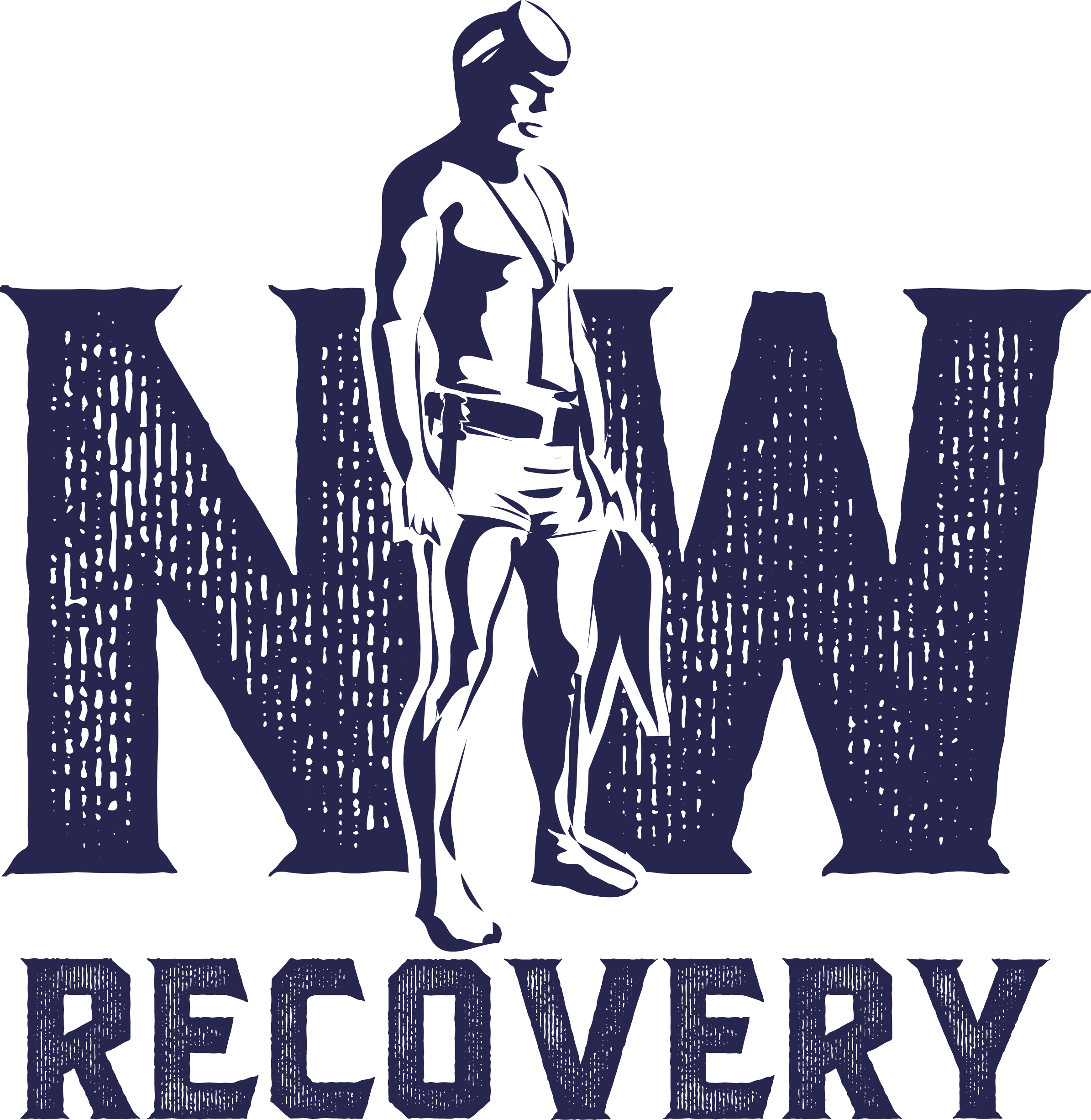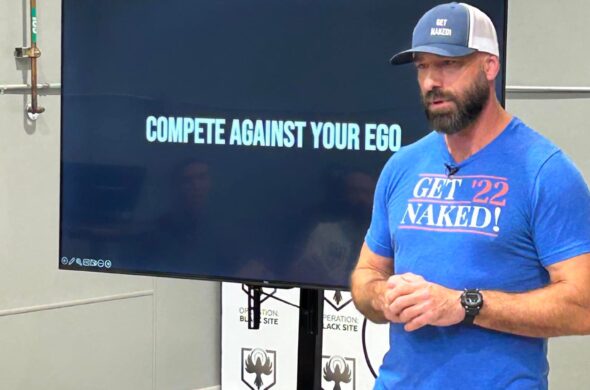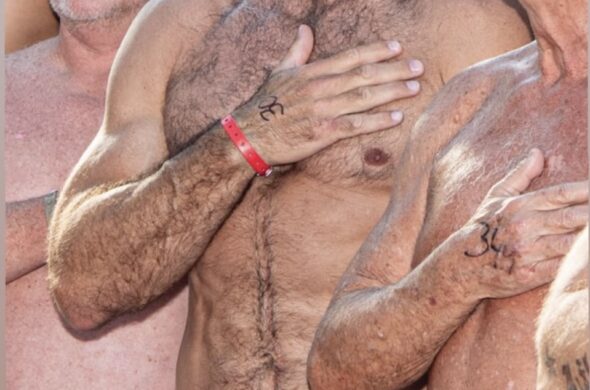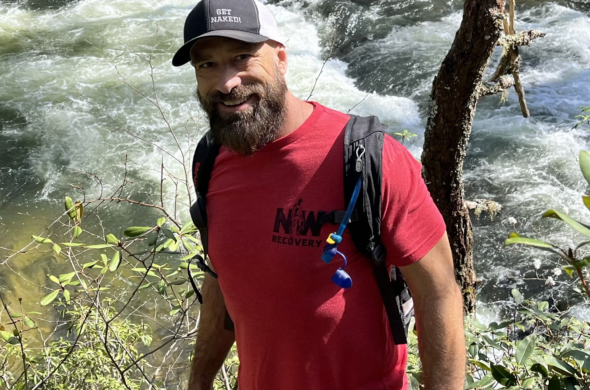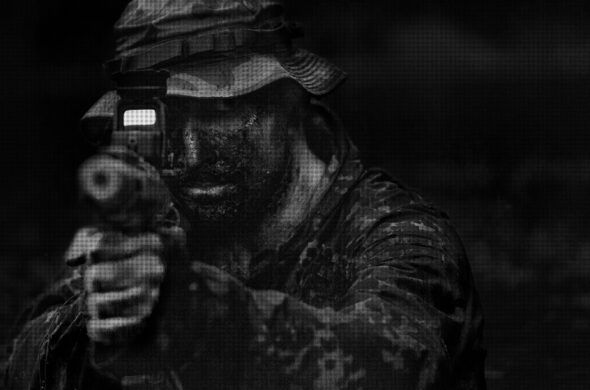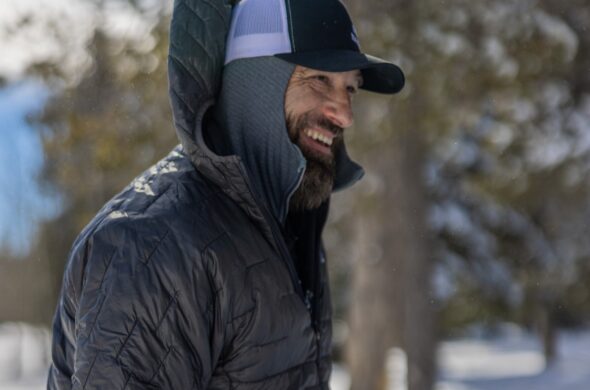Compete with Gratitude, Not Others
Compete with Gratitude, Not Others
In life, it’s easy to get wrapped up in the game of competing with everyone around you. You look at someone else’s success, and instead of feeling inspired, you begin to question why you’re not where they are. Maybe it’s a colleague getting promoted, a friend achieving personal goals, or a peer hitting milestones faster than you. And the more you focus on what they’re doing, the more frustrated you get with your own progress. Here’s the thing: competing with others will never bring you fulfillment.
The reality is, when you’re constantly measuring your success against someone else’s achievements, you’re setting yourself up for disappointment. There will always be someone ahead of you, and chasing that external validation leads to burnout, frustration, and a lack of fulfillment. If you want to stay strong and focused on your mission, you’ve got to shift your focus to something more powerful: gratitude.
The Power of Competing with Gratitude
Gratitude isn’t just about being thankful for what you have. It’s about embracing your journey, recognizing your growth, and appreciating every step forward—no matter how small. Competing with gratitude means shifting your mindset away from what others are doing and focusing on how far you’ve come. It’s about recognizing your wins and staying grounded in the present, where real progress happens.
Here’s why it matters:
- It Keeps You Focused on Your Journey: When you stop comparing yourself to others and start embracing gratitude, you become laser-focused on your own path. Competing with gratitude means acknowledging your personal growth, celebrating your own victories, and using that energy to fuel your next move. You no longer waste time worrying about what others are doing because you’re locked into the mindset that the only person you need to beat is the person you were yesterday.
- It Builds Resilience: Life throws challenges at us all. When you’re stuck in the comparison trap, those challenges feel heavier because you’re too busy thinking about what others are doing. Gratitude allows you to shift your mindset. Instead of focusing on what you don’t have or haven’t achieved, you learn to appreciate the lessons that come with adversity. It’s about turning setbacks into stepping stones and growing stronger with each one.
- It Fuels Long-Term Success: Competing with others may give you short-term motivation, but it’s gratitude that will fuel your long-term growth. When you focus on what you have, what you’ve accomplished, and what you’re capable of, you create a foundation that propels you forward. Gratitude gives you clarity. It allows you to see the bigger picture and stay grounded, even when things get tough.
The Real Competition Is With Yourself
In the SEAL teams, we do compete with each other, but it’s not about trying to beat one another—it’s about pushing our brothers to reach the next level, to go deeper, and to come out stronger. This competition is meant to build each other up, not tear each other down. It’s about elevating the team as a whole and making sure that every single person becomes their best self. The real competition, though, is always with yourself—striving to be better, stronger, and more resilient every day.
Competing with gratitude means waking up every day and appreciating the progress you’ve made. It’s about recognizing that while there may be others ahead of you, that doesn’t diminish your own growth. Your journey is your own, and when you focus on that, you stay in control of your destiny.
How to Compete with Gratitude
If you want to shift your mindset and start competing with gratitude, here are a few steps you can take:
- Reflect on Your Progress: Take a moment each day to think about what you’ve achieved. Write it down if you need to. Whether it’s a small win or a major milestone, gratitude grows when you acknowledge your progress.
- Stop Comparing: Anytime you catch yourself comparing your journey to someone else’s, stop and reframe your thoughts. Focus on your own path and what you’re working toward. Remember, you’re not in competition with them—only with yourself.
- Celebrate Your Wins: Don’t wait for others to validate your success. Take time to celebrate your own victories, no matter how small. Gratitude for your wins keeps you motivated to keep pushing forward.
- Be Present: The future is important, but you can’t control it. What you can control is your effort today. Competing with gratitude means staying grounded in the present moment and appreciating what’s in front of you.
- Surround Yourself with Positivity: Surround yourself with people who support your journey, not those who make you feel like you’re not doing enough. Build a network of allies who celebrate your growth and encourage you to keep going.
Gratitude as a Mindset Shift
At the end of the day, competing with gratitude is a mindset shift. It’s about releasing the need for external validation and focusing on the internal progress that really matters. It’s about recognizing the abundance in your life, the growth you’ve achieved, and the strength you’ve built along the way.
By embracing gratitude as your competitor, you free yourself from the pressure of comparing yourself to others and instead focus on building a life that’s driven by purpose, resilience, and inner growth. The real win? It’s not about beating someone else. It’s about showing up every day as a stronger, more resilient version of YOU.
So, stop worrying about what everyone else is doing. Appreciate where you are right now. Recognize how far you’ve come. Compete with gratitude, and watch how far you can go.
